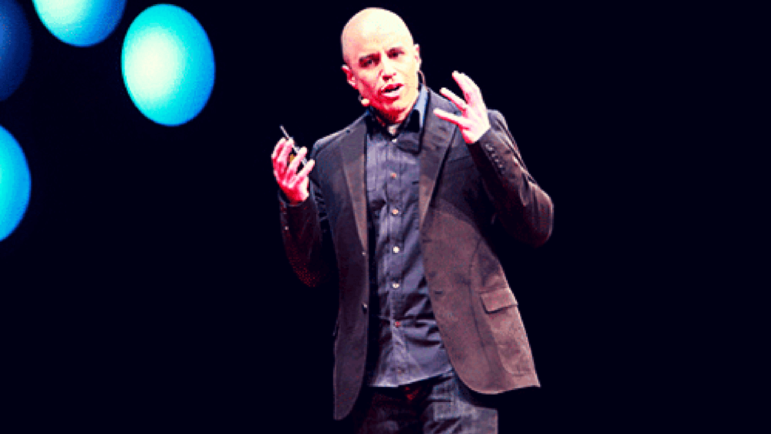When the majority of health professionals are experiencing feelings of exhaustion, disillusionment, detachment, and depression, could this possibly be problem that individuals can solve? Absolutely not.
In recent surveys of of physicians, 44% report feeling “burned out” regularly, although 78% of physicians report symptoms of burnout at least sometimes. And it’s not just physicians; nurses, nurse practitioners, and other health care professionals report high rates of burnout and depression as well.
Clinicians have previously pointed out the systemic nature of exhaustion and depression among health care workers. In a Youtube video this week, Dr. Zubin Damania (aka ZDoggMD) argues that the term “burnout” mischaracterizes the issue, and furthers the status quo (Warning: This video contains strong language).
“Burnout is a kind of victim shaming,” explains Damania. “It’s saying, you’re not resourceful enough, you’re not strong enough, to adapt to a system.”
Damania cites Dr. Simon Talbot and Dr. Wendy Dean’s usage of the term “moral injury” to describe moral injury as what happens when health care workers who are following a calling to help others confront a system that cares only about profit. Our health care system “is the opposite of what [clinicians’] morality tells them they need to do for patients,” says Damania.
It’s also extremely difficult for clinicians to care for patients when they don’t feel like their institution cares for their workers. On the In-House Blog, Jennifer R. Bernstein writes a visceral, heartbreaking account about watching her partner, a resident at a community hospital, gradually get “destroyed by the thing he once loved.” Trainees are often subjected to absurdly long shifts of 30 hours or more in a row, deprived of sleep, and dehumanized or abused by others for showing any vulnerability.
A recent report shows that hospitals are not even able to keep clinicians safe from violent attacks from patients or intruders; incidents of workplace violence in medicine are four times more common than in private industry on average. Piecemeal “wellness” efforts from institutions to address clinician exhaustion and depression are not even close to sufficient. “‘Wellness’ is admin-speak for, ‘Stay just sane enough to continue providing indentured labor for the hospital,’ writes Bernstein.
What can we do? The only way to treat moral injury is to change the system — to make it possible for doctors to treat all patients, regardless of ability to pay, without financial pressure from insurers or hospital systems. We need to provide health care professionals with tools that facilitate personal and caring clinician-patient relationships, instead of treating health care visits as only financial transactions. And we need to remove barriers to exposing and regulating institutions that overwork and abuse their workers; this starts with removing the stigma of discussing moral injury in the medical community.
